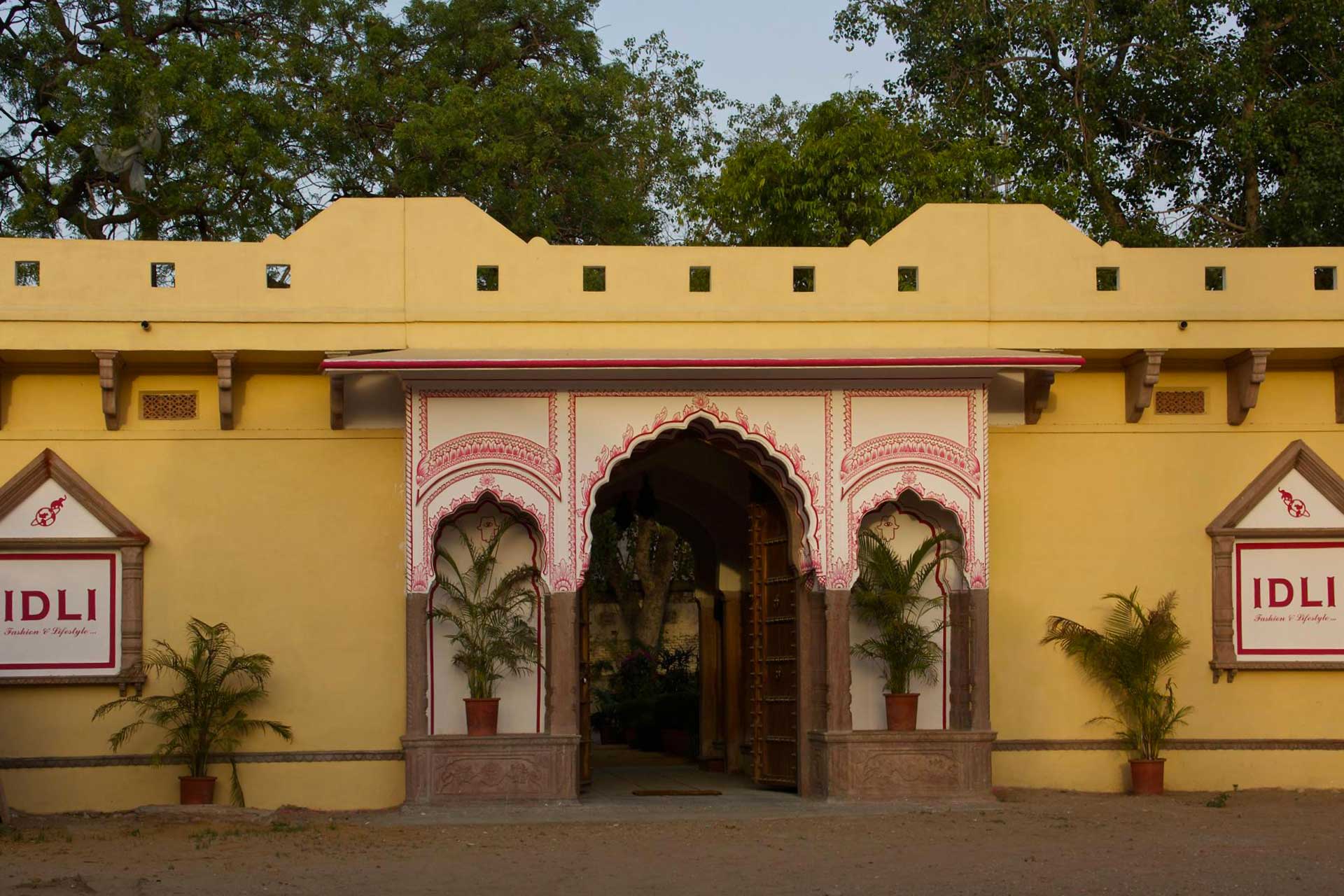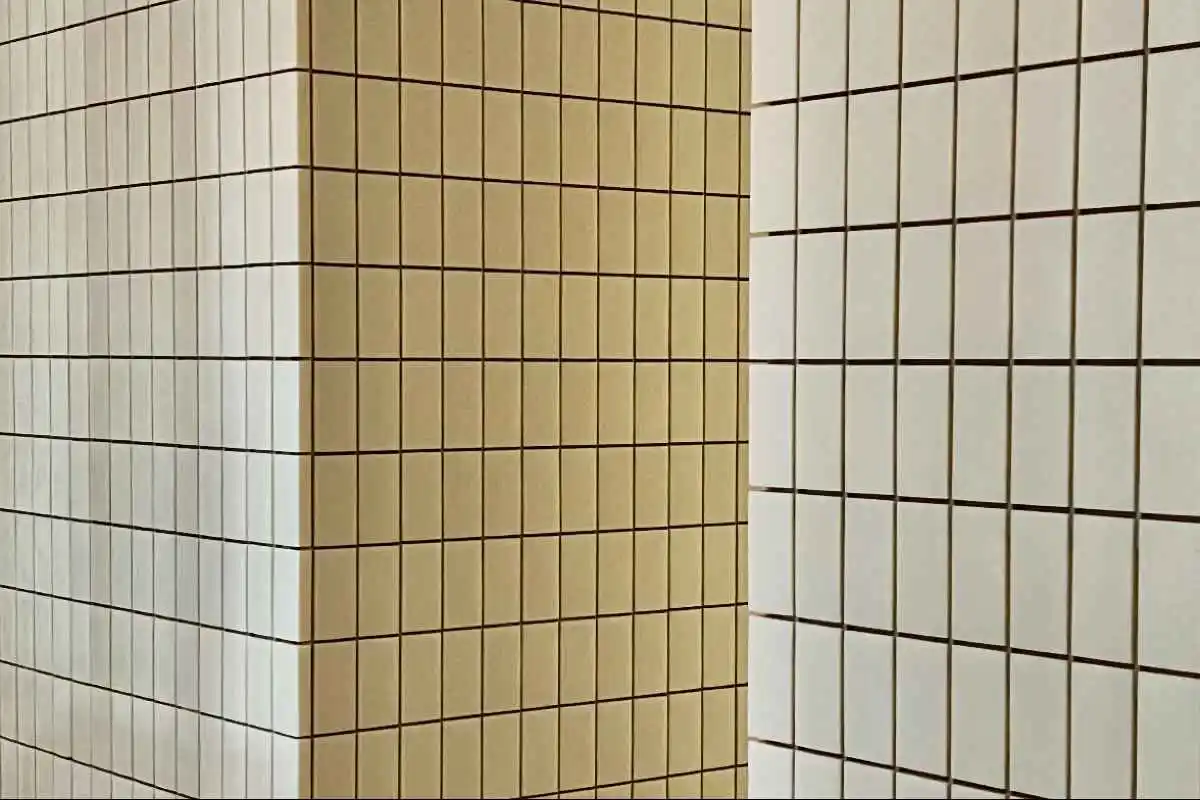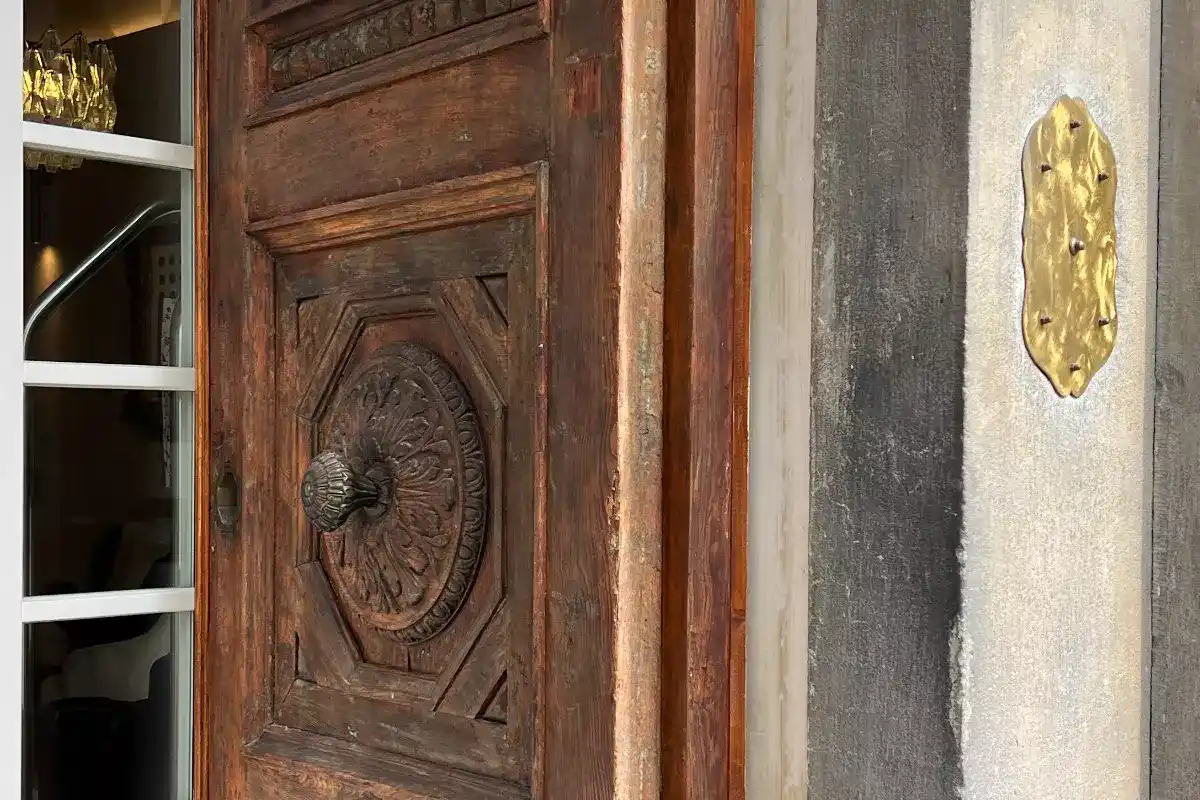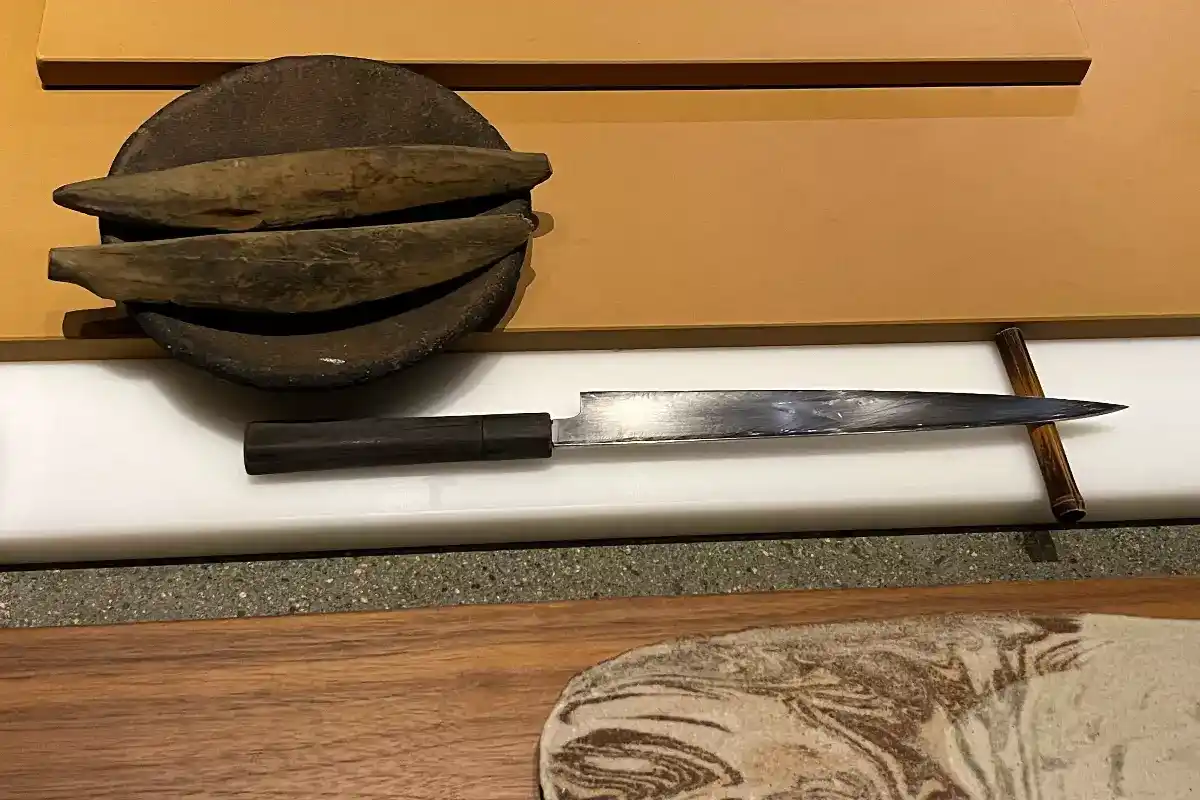Hand-painted by Thierry Juorno, the archway is adorned with palm leaves and a red colored tent, clothes hang on the rails and hand-crafted furniture are spread across the store
Thierry Juorno
Located in the enclaves of Jaipur is Idli, a concept store focusing on fashion, furnishing and homeware items. The individual behind the ideation of Idli is Thierry Juorno. He studied artistry and painting. As a means to hone his craft in art in Ecole du Louvre, under the Museum of Louvre. Upon completion, at the age of eighteen, he proceeded to partake in fashion education at Studio Bercot.
His adoration and artistry for fashion brought him to Studio Bercot. He then applied his knowledge to working under the appointment of names like Thierry Mugler, John Galliano and Andrée Putman. «My time in Paris was educational. I got to work with designers who were ahead of their time». In his twenty-five-year tenure, Juorno expanded his growth as a designer, but saw his creativity being hindered.
He explains that he was boxed and was able to pursue one form of artistry at a time. «In Paris, if you were a textile designer, that was what you had to be. You couldn’t be anything else». His aspiration to create art was rounded. He believed an artist could surround and take up forms of art at a time. He left Paris on a spur trip with his peer, Marie Helene de Taillac to Jaipur.
Opening his own label: Idli
On holiday, seeing designers who were involved in the facets of artistry like crockery, wooden handcrafted furnishing and clothing urged him to take a leap to open his label. «Paris used to be known for its high-fashion, luxury and artistry. There are places in the world that have similarities in these aspects but in the past, that was how the world viewed Paris».
The creation of Idli would come after his move to India, where Juorno, de Taillac and Munnu Kasliwal opened Hot Pink, a concept store in Jaipur showcasing and championing designers from the terrain who were in their youth and were looking for an opportunity. Under his creative direction as designer, he platformed designers like Manish Arora, Rajesh Pratap Singh and Namrata Joshipura. «My role for Hot Pink was to find and bring in clothing from designers. I had designed a line for Hot Pink».
While managing Hot Pink, founded in the year 2005, he opened his label, Idli, juggling roles of designer, owner and creative director for two of these stores. It was in the year 2008 when Juorno released his role at Hot Pink to focus on his label. Positioning Idli in Jaipur was a calculated move on Juorno’s part as it is known to attract tourists and designers every year.
His perception of Jaipur, is a congregation for designers in textile, handicraft and furnishing. «Jaipur is where artistry has existed. There are places in India that have specialized in crafts and materials, but Jaipur is dear to me». With a surplus of artisans in the state, Idli in Jaipur has allowed the designer to collaborate with them to create his work.
Idli: a nod to the staple rice cake
His exploration of design in fashion, furnishing and homeware items were crafted by him. The name ‘Idli’ was a nod to the staple rice cake, native to the Indian and Sri Lankan staple diet. The four letters of the word, forming the name to him were kind to the ear. It was aesthetically pleasing to the eye and relatable to the locals in the area. Not wanting to appear foreign, he shares, «I enjoyed the dish and decided to name my store after this». He intended on naming his store after himself, but decided against it as his peer had a label that sounded familiar.
A universe subsists in Idli, overseen by Juorno, in design of clothing pieces, hand painted furniture, and the maintenance of the look of the store. The name Idli has since become a locality in Jaipur alongside other concept stores in the area. Viewing Idli as a form of personal couture, Juorno states «My collections are available for purchase in the store. I digitized my work, incorporating hand stitching, embroidery and artistry, including the furnishing and crockery».
He shares that the landscape of fashion is fast-paced and changing each season. Maintaining longevity for his clothes in the design and crafting process was something he had thoroughly thought out. His style and craft are focused, steering away from the landscape fashion has become. «Sarees and Kurtas are hand embroidered and done with detail. They resemble couture, but are traditional». In recent years, designers like Juorno have incorporated these designs into modern-wearables.
The design of the store was not changed by Juorno
He maintained its layout except for a door or two, furnishings and hand-painted murals on the walls. Hand-painted by the designer himself, the archway is adorned with palm leaves and a red colored tent, clothes hanging on the rails and hand-crafted furniture designed by him are spread across the store. Greenery on the outside, «people can come here to escape».
In its infancy, Idli operated out of an office in Jaipur, where it designed its collections that were to be showcased in Paris during fashion week. «Selling in Le Bon Marché and Maria Luisa Poumaillou, I would visit these stores which I regarded as the temples of fashion to carry my clothing». When the recession in the year 2008 occurred, Juorno chose to halt production of his clothing per season and focus on producing clothing, homeware and furniture to last the long run, not for his brand, but for the environment and the masses.
Currently in its third form, after moving shop to settle itself, Idli has found a stable location. In creating Idli, Juorno paid homage to the ideations of a dream. «There are a number of aspects of exoticism that I draw my influences from. There is the early renaissance exoticism from the Romans and Greeks. Exoticism in Chinese and Indian influences I referenced in creating my clothing, furniture and homeware items».
The industrial revolution in Idli
Juorno states his adoration in observing Egyptian, Roman and Greek antiquities which resonate in his collections. The period of the industrial revolution in the late Nineteenth and Twentieth century are a source for his art, stating that the colors, patterns and designs are living within his creations. «A chair of my design, is a mix of sophisticated-brutish form in function. Materials used for the backrest are made of evened out wood but the cushioning is a handcrafted-twine, while providing comfort, it is contrasting in look».
Being able to manipulate his designs into the work of the craftsman, he shares a plethora of materials, design values and choices that he is allowed to make, curating a style to how he intends on producing his work. «In working with craftsmen, the matter of waste is in control. Work conditions are better, workers are well-paid and the buyers, like me, are presented with options in materials or design. If there is something you want or don’t want, there are a set of in-between options that you can choose from and work from there. It is not like fast fashion».
Environmental sustainability
His vision for environmental sustainability is put forth in the way he makes his artisanal items. Reducing his usage of plastic, dyeing methods that consume water and chemicals in a controlled environment, filtering water off pollutants before discarding it, using recycled paper for paper bags and using recycled banana and silk paper in the making of his lamps. «I cannot exist as a vegan brand, but I can reduce mass production and my carbon footprint. I do this by upholding these values in the way I produce».
The opening of Idli as a concept store in Jaipur has enriched Juorno, allowing him to collaborate and work with artisans, sourcing his materials locally and from states in India. He shares that he has been given an opportunity to exist in Jaipur alongside creatives who have carried out pursuing their labels on a scale. Juorno states that while he has was inspired by the locality, he has faced concerns. Companies stealing his designs and repurposing his work, «It is something I cannot stop from happening. Businesspeople purchase my goods and make fake versions of it».
Idli
Plot No. S-1, Subhash Marg, C-Scheme, Jaipur, Rajasthan, India




















